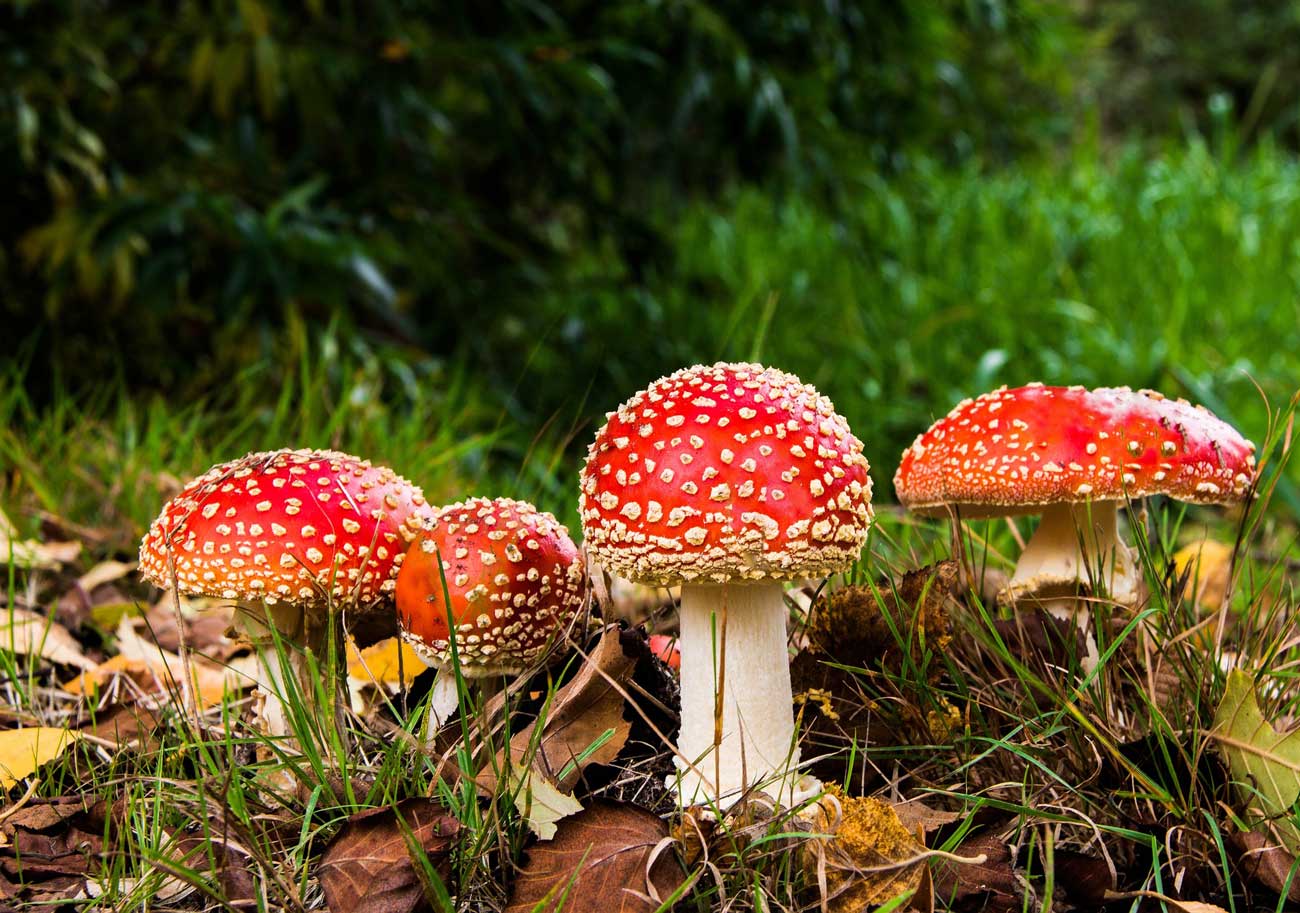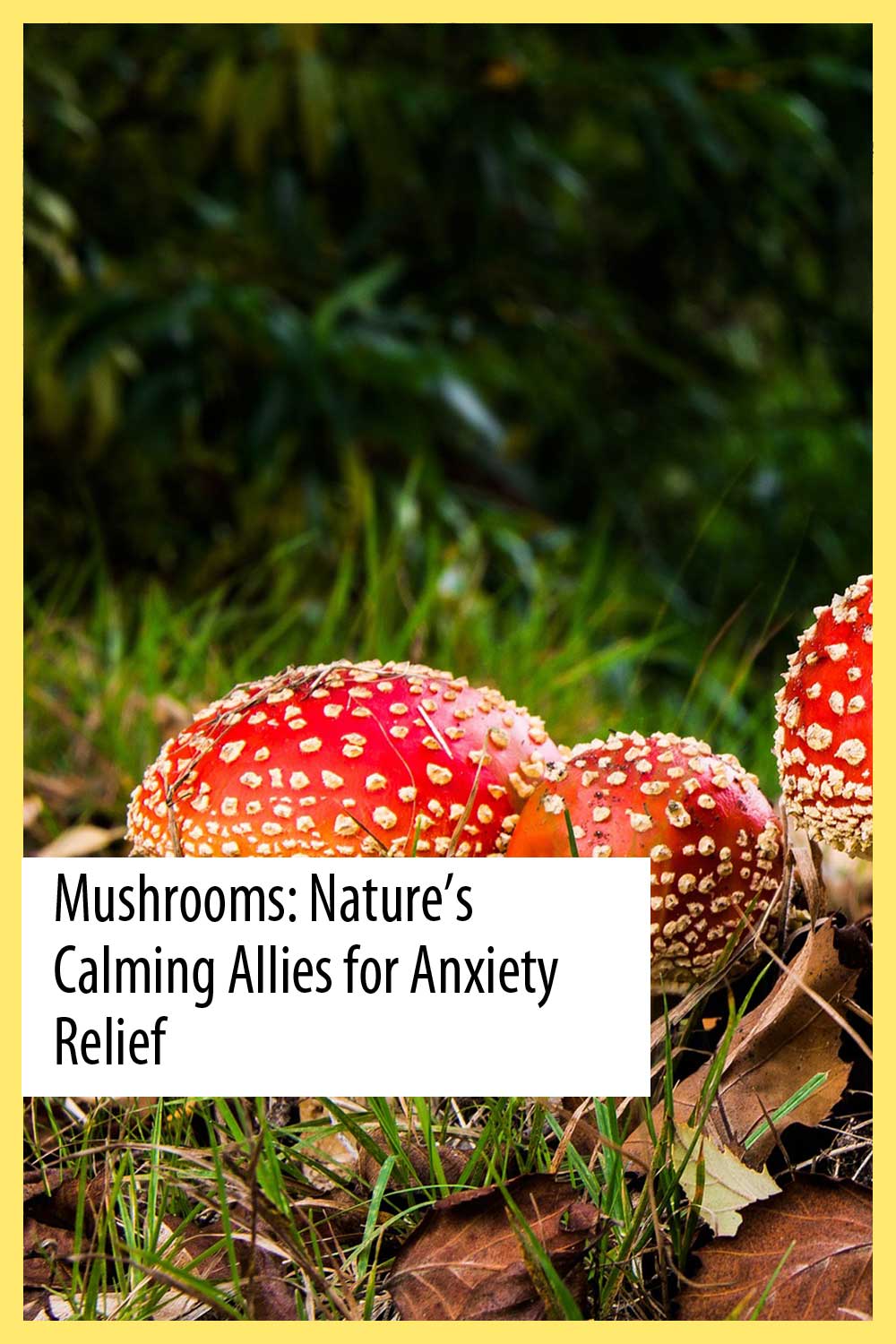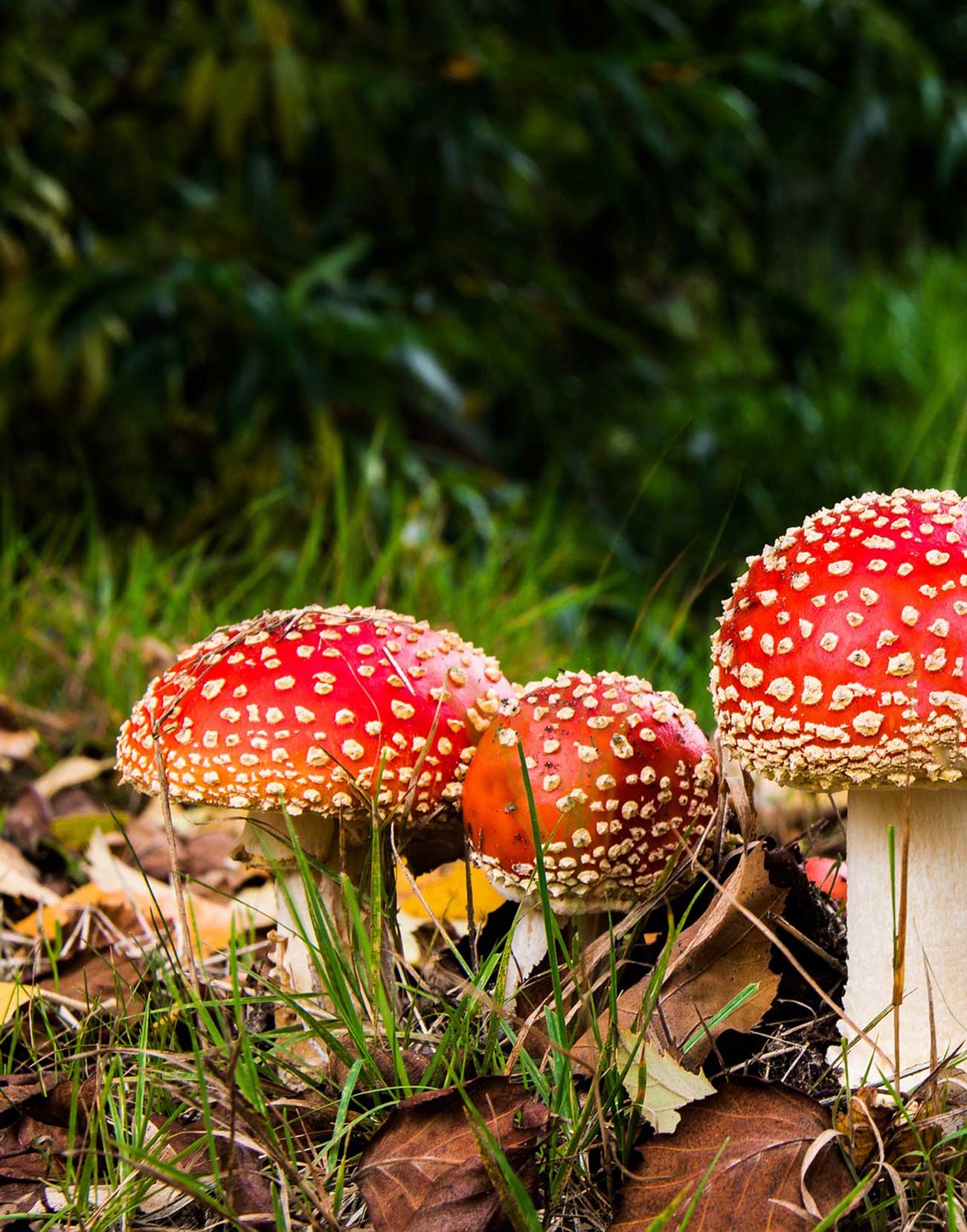
Mushrooms: Nature’s Calming Allies for Anxiety Relief
In the hustle and bustle of modern life, anxiety has become an all-too-common companion for many individuals. The quest for peace of mind and emotional balance has led people to explore various remedies, both pharmaceutical and natural. Among the natural options, mushrooms have been gaining attention as potential calming allies for anxiety relief. These fascinating fungi, often overlooked, harbor a wealth of therapeutic properties that have been used in traditional medicine for centuries.
The Science Behind Mushrooms’ Anxiety-Relieving Potential
Mushrooms, particularly certain species like Reishi (Ganoderma lucidum), Lion’s Mane (Hericium erinaceus), and Cordyceps (Cordyceps sinensis), have been the subject of scientific research due to their potential benefits for mental health. Studies have shown that these mushrooms contain bioactive compounds that may influence neurotransmitter function, such as serotonin and dopamine, which play a crucial role in regulating mood and emotions.
For instance, Reishi mushrooms have been found to have adaptogenic properties, helping the body adapt to stress and promoting a sense of calm. Lion’s Mane mushrooms, on the other hand, have been associated with nerve growth factor stimulation, which could potentially support cognitive function and mental well-being. Cordyceps mushrooms have been studied for their potential to improve energy levels and reduce symptoms of stress and fatigue, indirectly contributing to anxiety management.
The GABA Connection
One of the key ways mushrooms may alleviate anxiety is by influencing the gamma-aminobutyric acid (GABA) system. GABA is an inhibitory neurotransmitter that helps reduce neuronal activity, promoting relaxation and reducing anxiety. Some mushrooms contain compounds that may bind to GABA receptors in the brain, leading to a calming effect.
Beyond Brain Chemistry: Mindfulness and Connection with Nature
The potential anxiety-relieving benefits of mushrooms go beyond the physiological aspects. Engaging with nature and incorporating mindfulness practices, such as foraging for mushrooms or cultivating them at home, can offer a sense of peace and tranquility. The process of being present in nature, connecting with the environment, and fostering an appreciation for the natural world can have a positive impact on mental well-being.
Safe Usage and Precautions
While mushrooms can offer potential anxiety relief, it’s essential to approach their usage with caution. Not all mushrooms are safe for consumption, and misidentification of wild mushrooms can lead to severe consequences. It is crucial to source mushrooms from reputable suppliers or to consult with knowledgeable experts before using them for medicinal purposes.
Moreover, individuals who are pregnant, nursing, or taking medications should consult their healthcare providers before incorporating mushrooms into their routine, as there may be potential interactions or contraindications.
In Conclusion
Mushrooms, with their fascinating array of bioactive compounds and potential to influence brain chemistry positively, are emerging as natural calming allies for anxiety relief. When used responsibly and with proper guidance, these fungi can complement a holistic approach to managing anxiety and promoting overall well-being. However, as with any natural remedy, it is essential to research thoroughly, consult with experts, and prioritize safety. Embracing mushrooms as allies in the journey to find peace and tranquility can open new avenues to nurture a balanced and centered life.

Mushrooms: Nature’s Calming Allies for Anxiety Relief
Medical Advice Disclaimer
DISCLAIMER: THIS WEBSITE DOES NOT PROVIDE MEDICAL ADVICE
I am not a doctor. The information, including but not limited to, text, graphics, images and other material contained on this website are for informational purposes only. No material on this site is intended to be a substitute for professional medical advice, diagnosis or treatment. Always seek the advice of your physician or other qualified health care provider with any questions you may have regarding a medical condition or treatment and before undertaking a new health care regimen, and never disregard professional medical advice or delay in seeking it because of something you have read on this website.



